Most early-stage startups and small businesses have a couple things in common. They have a very small team of people who all wear many different hats. And they don’t have a lot of money to spend, if any.
At a startup, you and the people you work with likely are stretched thin. There are only so many hours in a day. And you need to find the most efficient ways to work.
You need to find tools that work as hard as you do. They should be flexible and easy to learn, and they should give you as much bang for your buck as possible.
All of the tools on this list should meet the highest standards. They should be easy to learn and do as much as possible, eliminating the need for you and your team to bounce around between different pieces of software.
Not all of the software on this list will act like the perfect Swiss Army knife, but they will save you a lot of time. Also, businesses on a shoestring budget will find this list useful because everything on it has a generous free tier. These tools will grow with your business — whether it’s a startup, an enterprise, or something in between.
8 best SaaS tools for startups
1. Jotform
Jotform got its start as a form tool. Over the years, Jotform has consistently stayed ahead of its competitors. It’s done that by providing the most features, the best value, and a simple yet powerful interface.
But the team at Jotform hasn’t stopped with forms. They’ve continued to innovate and add features that are beneficial to every department of every business.
For example, Jotform Tables lets you store and manage data gathered from forms and other sources. If you’re familiar with Airtable, Jotform Tables performs many of the same functions.
Jotform also lets you create PDFs, build no-code apps in minutes, and accept signatures.
2. Google Docs
Unless you’ve been living under a rock for the last 20 years, you know Google.
They built a search engine you might be familiar with. And you’re probably also familiar with their email tool, Gmail, and their suite of document editing tools. They also have Drive, which gives you access to cloud storage.
Google Docs, Gmail, and Drive are perfect business companions. Almost everybody has a Google account already and has spent time with their email and document tools. And even if you have no experience with Google Docs, it’s close enough to Microsoft Word that it’s easy to pick up — and it’s the same with their other products, like Sheets and Slides.
Once your business has grown a little bit, Google offers Workspace, which lets you use Google’s services with your own company’s brand. But what they deliver goes beyond vanity, as they give you administrative tools to control what your workers can access as well as a few other tools meant to meet business needs.
3. Notion
Boiled down to its essence, Notion is a notebook tool. You can use it to create documents and nest them as deeply as you want in a directory-like structure.
And while the last paragraph was accurate, it really told you absolutely nothing about Notion. Notion is a deeply versatile tool. Each document has all the editing capabilities you expect from a document creator — like headings, bold, links, etc. — but it has a whole lot of abilities beyond that as well.
Every single document in Notion can have one or more data tables, similar to what you get with Airtable. And you can connect them to each other in such a way that your entire document storage system acts like a database. You can also connect the pages so they act like a wiki.
Notion has a ton of other widgets you can add as well. Those include images, file attachments, to-do lists, and much more.
Notion also lets you embed whole websites in addition to other SaaS tools. That means you can add almost every product on this list to Notion to really supercharge your documents.
4. Mailchimp
Mailchimp stands out on this list because it only does one thing. But it does that thing incredibly well. Even though this isn’t the most versatile tool, it definitely can save you a lot of time.
Mailchimp is an email campaign tool, and it’s quite possibly the best in the industry. If you ever try to manually send out a huge stack of emails, you’re likely to get flagged as spam. You need a tool like Mailchimp to avoid getting in trouble.
Mailchimp makes it easy to launch and manage email campaigns. They also provide analytics to help you track your results.
5. Wix
Wix is a website-building solution. It makes it easy for amateurs to build professional-looking websites in less time than it would take a skilled professional to build them from scratch.
Wix offers a whole bunch of templates and very attractive components to help you build up your website in such a way that you won’t scare off your customers.
They also offer a stack of impressive tools to give you more than just a page with text and an image. Their tools include a storefront, blogging software, and the ability to book appointments with clients, as well as many others.
Wix’s offering goes really deep and will grow with your business. And in order to help nurture your business, they keep it free for a long time until you grow and start earning enough money to pay for their service.
6. Whimsical
Whimsical is a planning tool. No matter what kind of business you’re running or project you’re planning, Whimsical has a tool for you. It offers wireframes, mind mapping, project management tools, and more.
Whimsical’s interface is incredibly clean and easy to use. That means it greatly reduces the friction between thinking and planning. And it’s a versatile tool that doesn’t force you to adhere to a single planning methodology or strategy.
7. Buffer
Buffer is another single-purpose tool that does its job well. It will save you a massive amount of time planning and managing your social media marketing campaigns.
Buffer will let you create all of your social media posts in one sitting. From there, it will automatically post on your behalf at different times of the day. That way, you’re spending less time chained to your phone and more time focusing on the rest of your business.
8. Trello
One of the most popular project management methods for tech startups is Kanban. Most project managers only use a subset of the full Kanban technique. But that subset is the most valuable and widely applicable.
Essentially, it involves having stacks of index cards, where each stack represents a stage of your project. However, most people use a digital equivalent of the cards. Trello is one such equivalent.
Trello is the most feature-rich application available for managing Kanban projects. And like most other apps in this list, it’s also incredibly versatile. That means you aren’t locked into strictly using it as a Kanban tool.
It can help you manage any kind of project of any size and coordinate the teamwork needed to complete that project. There are so many add-ons and integrations that it really is an exceptional project management tool.
Which tools should you use?
Because of their versatility, most of these tools break traditional categories. So sorting them that way wouldn’t make sense. Instead, here’s a partial list of ways in which the tools in this list can fulfill your business’s needs.
Business practices
This very broad and general category applies to running your business on a daily basis. Your best bets here are Jotform, Google, and Notion.
Jotform will help you streamline office processes through forms. There are many tasks that you and your team will need to complete over and over again, and forms can simplify those processes. Jotform also has an Approvals tool to simplify decision-making and quality control. And, as mentioned before, Jotform offers the ability to create PDF documents as well as sign them.
You can’t beat Google Drive for storing and sharing all of your business’s documents. And Google Docs let you create documents, spreadsheets, and presentations for the whole office to share.
In addition to being a productivity and note-taking tool, Notion is a great alternative to Google Docs. Notion’s docs give you a much richer experience than you’ll find with a traditional document tool like Google’s. That means you and your team can have more ways to work together, allowing for more creativity and heightened interaction.
Communication
This involves internal communication with your employees as well as external communication with your customers.
Traditionally, most office communication happened via email, but relying solely on email does present some challenges. It tends to be slower because emails can be hard to respond to — they take a lot of time to type out and read through. But it’s still an effective way to share large blocks of text. And Google’s Gmail is the perfect fit for that purpose.
For quick communication, Slack is often your best choice. Slack isn’t as versatile as some of the other products on this list, but it does deserve an honorable mention.
One of the best ways to streamline communication is by using forms. You can use them to home in on the specific information you want somebody else to provide you. That saves everybody time and energy. And Jotform is the best form tool on the market, hands down.
File management
The best tool for file management is Google Drive. However, if you want someone from outside your organization to be able to share documents with you and your team without letting them access your company’s internals, Jotform is your best bet.
You can easily create a form to allow people to upload files that might be too large to send through email. Plus, using a form creates a streamlined and consistent interface for the process.
Knowledge management
Knowledge management is all about how your business handles a body of knowledge that you share across the whole company. That can include training documentation, standardized business processes, research, and any other information you want people to be able to share within your business.
Notion is probably your best choice for knowledge management. It might seem like Google Docs would be your best choice, and it’s not a bad one. But Notion’s structure makes for a very good knowledge management system. That’s because each document can include links to other documents as well as to relevant people. They can also link to information found on the web and embed more traditional documents, like the ones you get from Google Docs.
Planning and organizing
Whimsical is your best choice for planning and organizing pretty much anything in your business.
However, once you’ve organized things with Whimsical, you may want to switch to something like Jotform Tables, Notion’s documents, or Trello to maintain the system. Whimsical starts off strong and is great for brainstorming and structuring, but once you have that structure, it may not be the best tool to maintain it.
Payment collection
Chances are, if you’re running a business, you’re doing it to make money. At some point, you’ll need a way to collect that money. Jotform’s Online Store Builder tool is an ideal first step toward a full-scale storefront. You can use it to get your shop up, running, and collecting payments in minutes.
Collaboration
Collaboration capabilities are a necessity for any modern business tool, so pretty much every tool on this list is excellent for collaboration.
Marketing
Buffer and Mailchimp are both dedicated marketing tools. Jotform also makes for an excellent marketing tool, as it can help you with tasks like email capture and market validation.
Web presence
The best tools on this list to help with your web presence are Wix and Jotform. Wix is, of course, a dedicated website builder with all the bells and whistles.
Jotform Apps is a mobile app builder that can help you get started in minutes. Depending on your needs, Jotform Apps can act as a placeholder, or it might be all your business ever needs.
Photo by RF studio


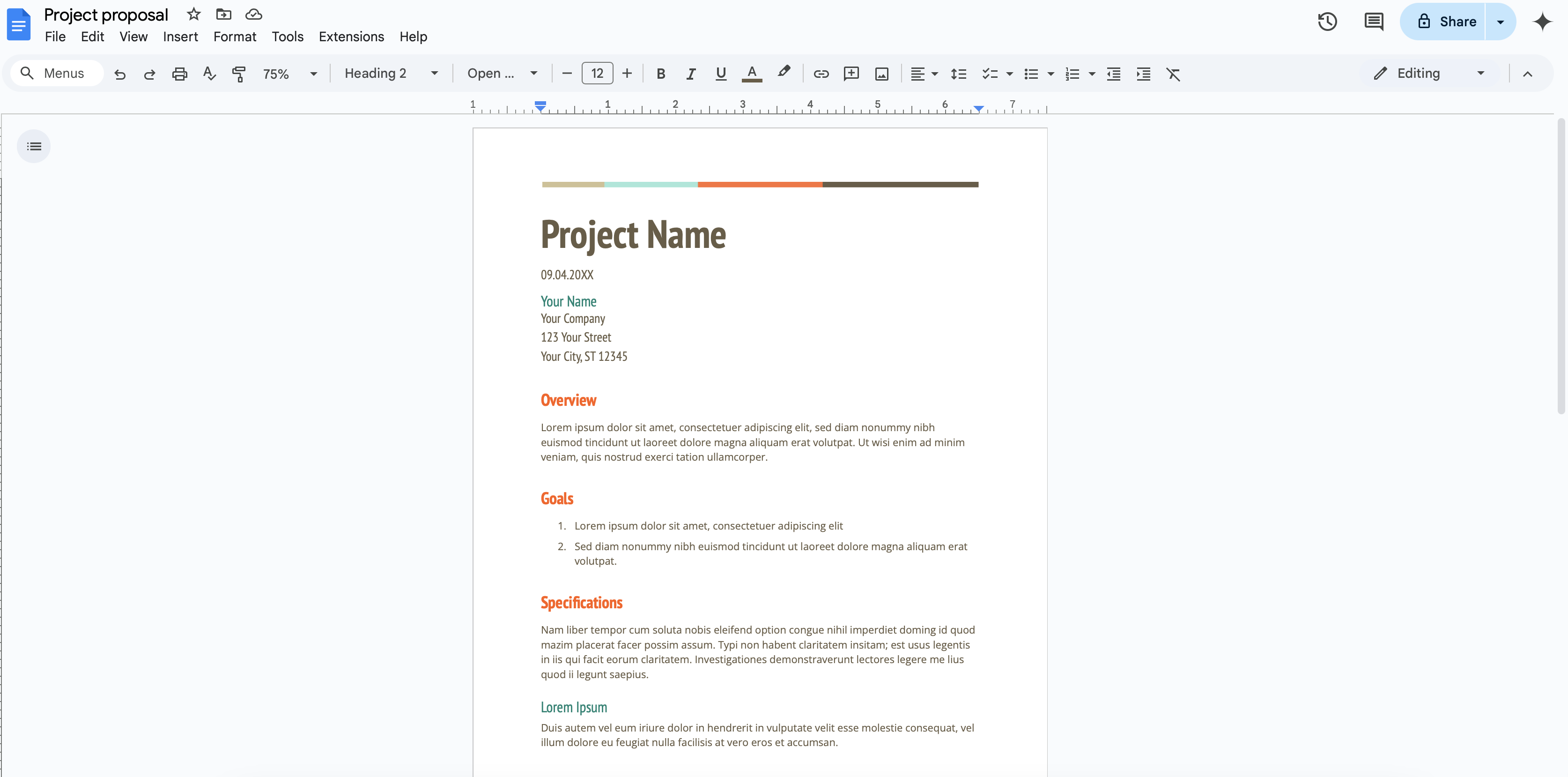
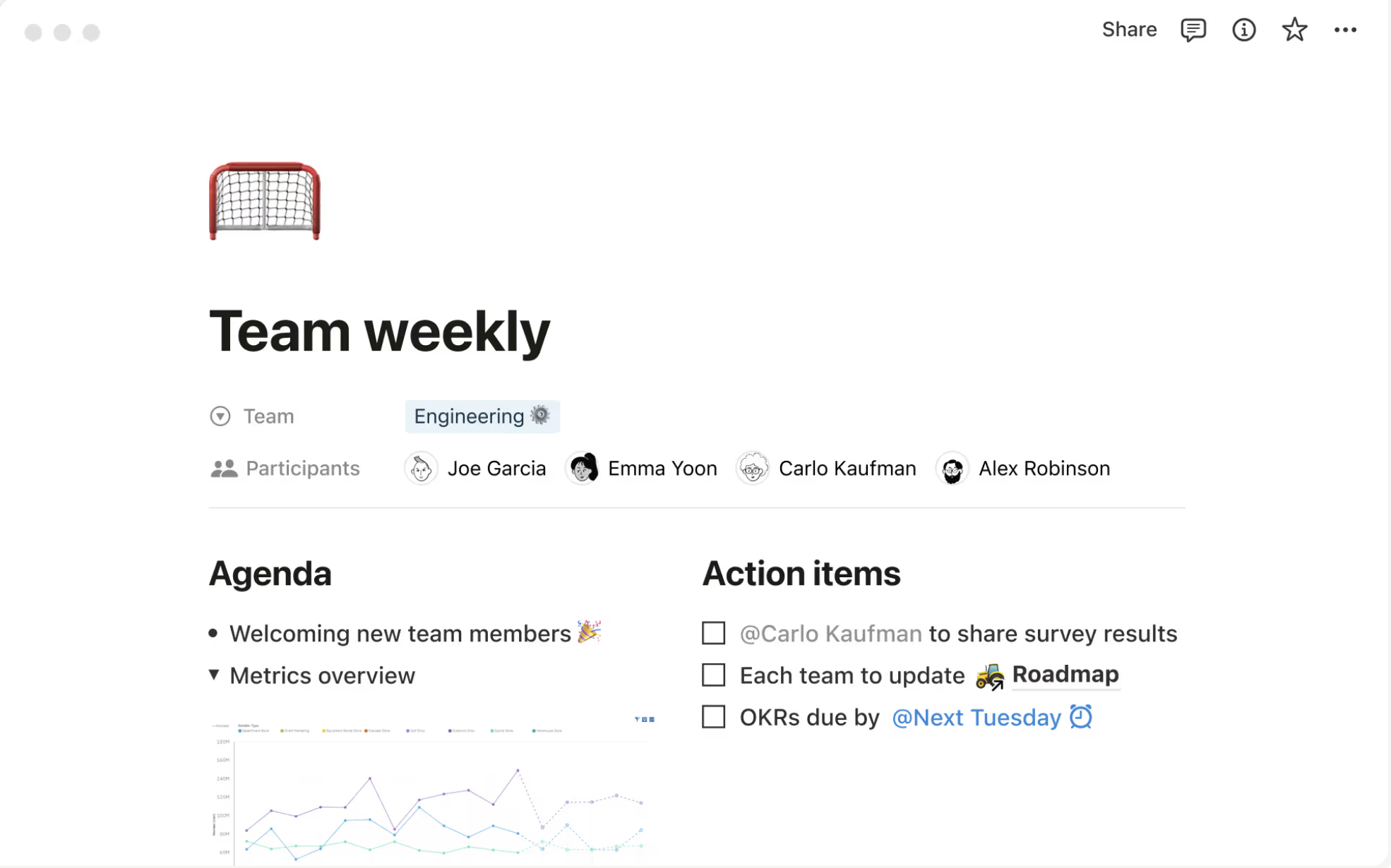
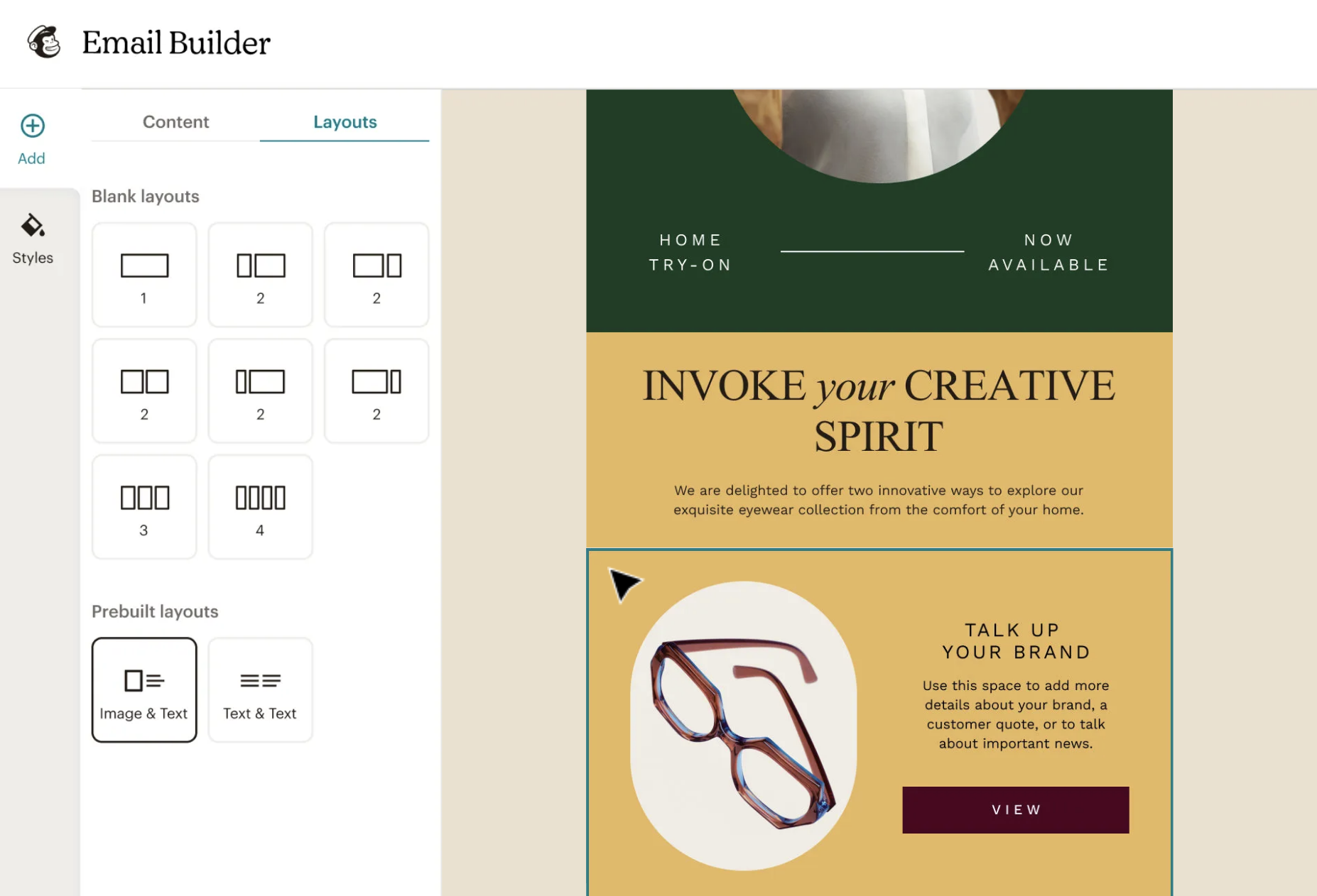

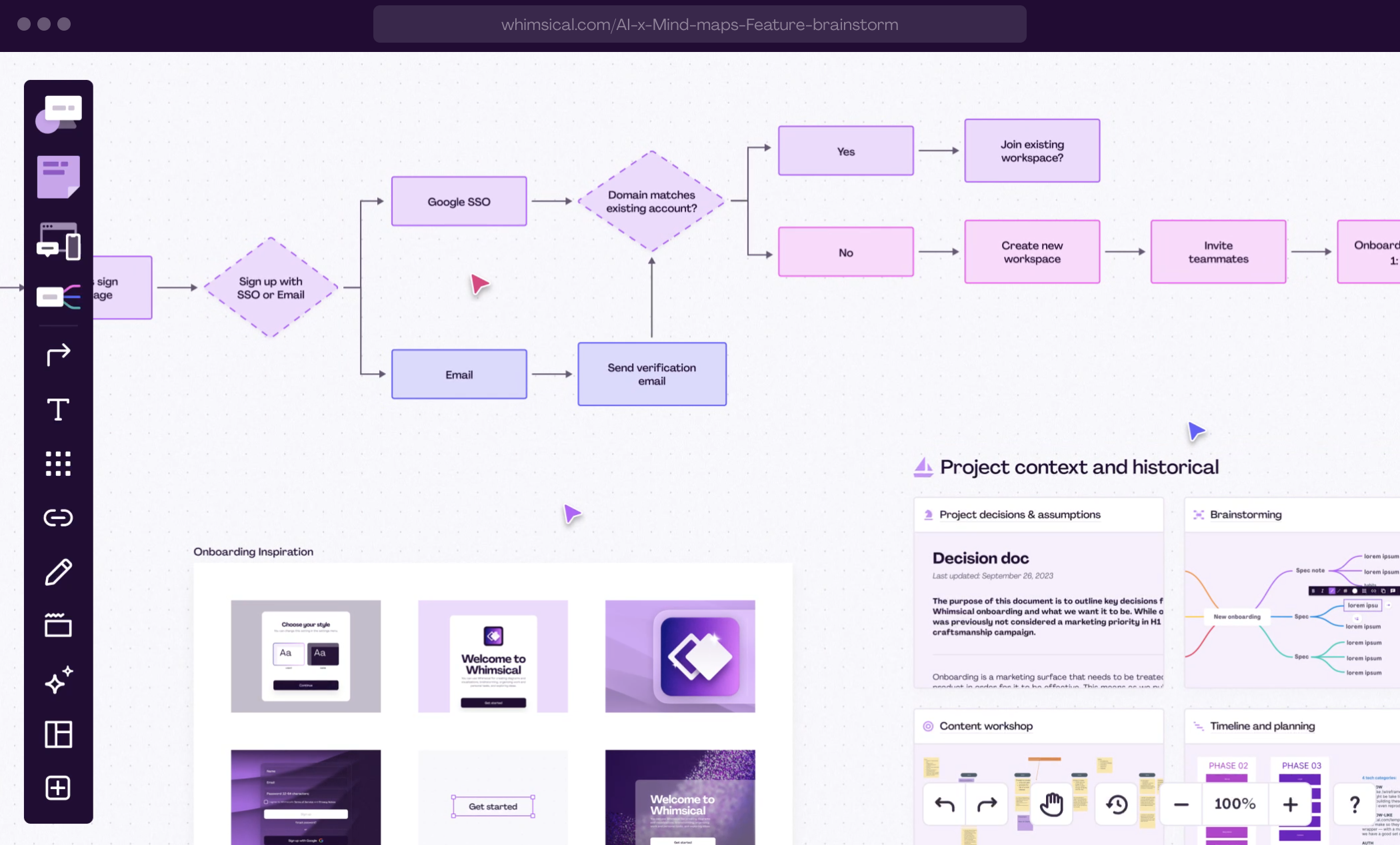
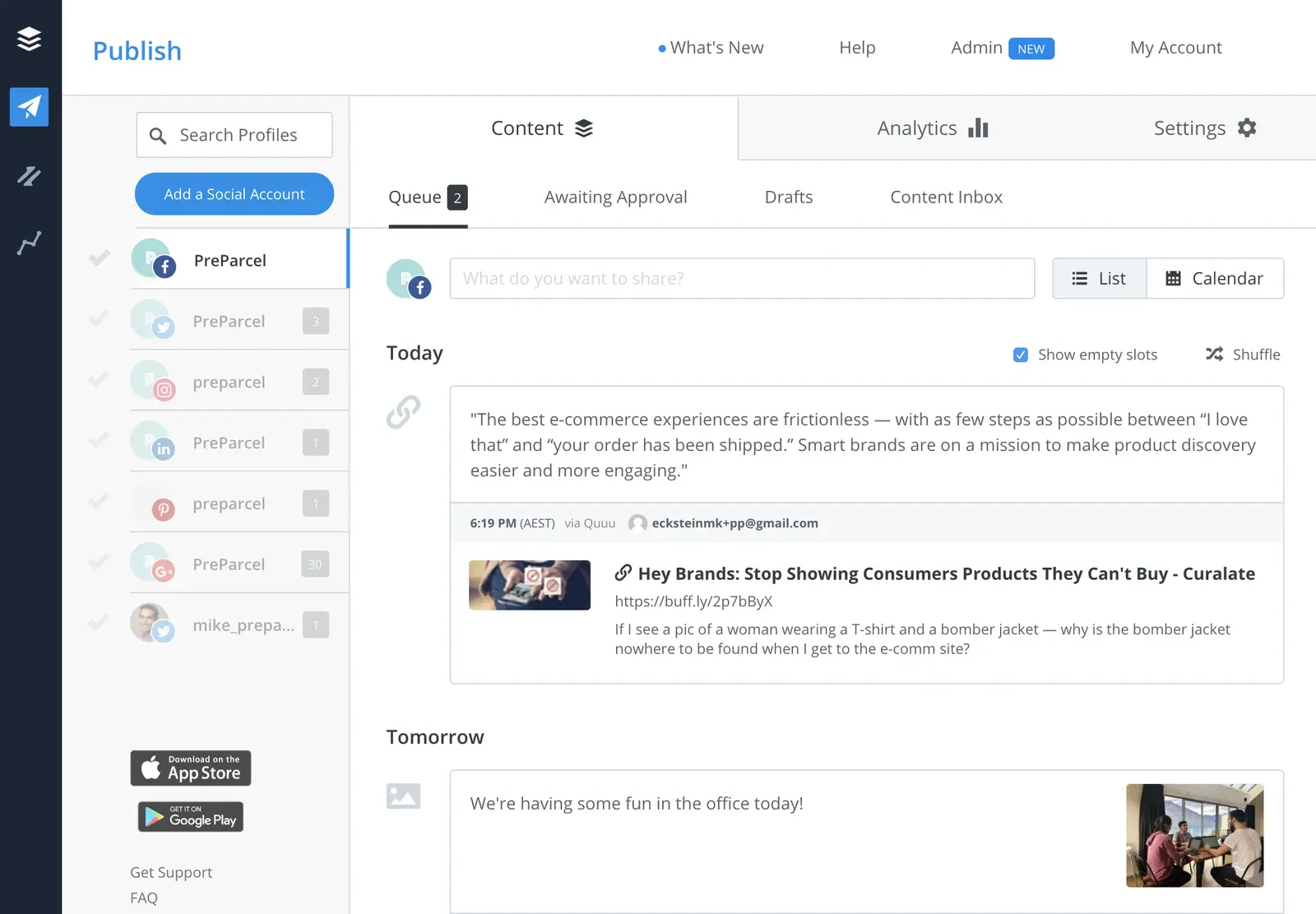


















Send Comment: